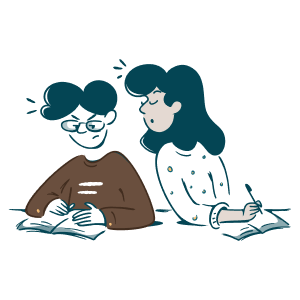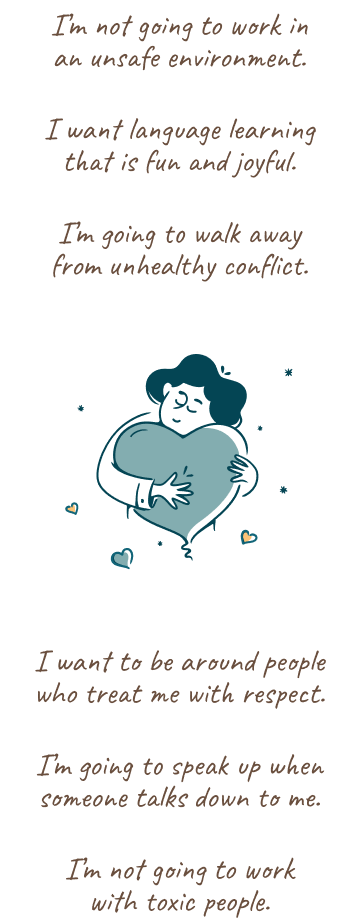COLONIZATION
Lateral Violence
Misdirected anger, shame, or blame, or other negative behavior as a result of trauma and oppression.
Lateral violence is intimately connected to trauma and colonization.
Lateral violence is a misdirected expression of pain and suffering.
Lateral violence experienced by ILR practitioners often takes the form of shaming and blaming.
Lateral violence is often tied to conflict over power.
Lateral violence experienced by ILR practitioners is often an attack on one’s identity, authenticity, or authority.
Lateral violence negatively impacts your wellbeing as an ILR practitioner.
Constant exposure to lateral violence can lead to trauma and burnout.
ILR practitioners must learn to protect themselves from lateral violence.
Protecting yourself from lateral violence.
REFLECTION



